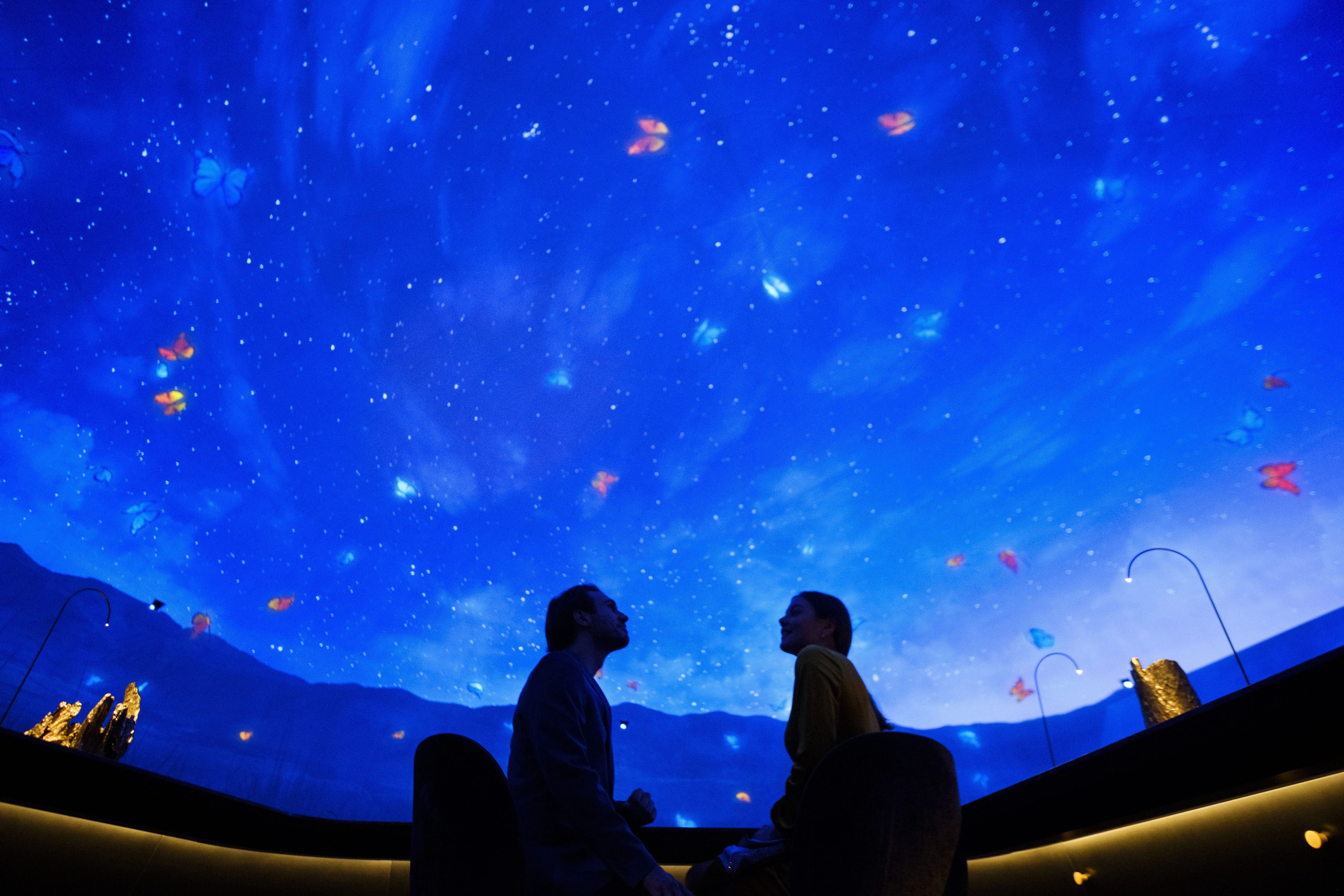
Partner Article
Brands ignore experientialism at their peril: 60% of UK consumers agree immersive experiences are the future
A shift towards experientialism by consumers of all ages is creating an imperative for businesses and brands to embrace new technologies
With society shifting towards experiences over material goods, demand is increasing for immersive experiences, resulting in technology being used in new and exciting ways for brands to connect with audiences. New research has found that these experiences are the way to consumers’ hearts, with six-in-ten (60%) believing that experientialism – where large-scale projections, interactive displays, holograms, virtual reality or augmented reality are used – will become the future of events. This is creating a need for businesses to embrace experientialism, in order to better connect with today’s consumers and future-proof themselves for success.
The European research, commissioned by global technology firm Epson, entitled “The Experiential Future”, highlights how important immersive and experiential elements are for the future of events and experiences, hospitality and leisure – not only for 68% of Millennials, but for older survey respondents too. Over half Generation-Zers (58%) agree that experience is the future of events, along with 57% of Generation X and 54% of Baby Boomers.
The findings show a clear financial incentive for businesses to deliver on these expectations – given that 57% of Millennials agree that they would be prepared to pay more for a ticket with an experiential element, followed by 53% of Generation Z, 37% of Generation X and 17% of Baby Boomers.
Experientialism will be crucial for venues and hospitality businesses, not just to attract new consumers, but also to encourage repeat visits. Nearly two-thirds (64%) of Millennials would revisit an experiential event, as well as nearly half of Generation X and Z (49% each) and Baby Boomers (38%) – demonstrating that experiential technologies help drive customer engagement for return visits.
“New technologies are drastically changing the way that brands engage, entertain and communicate with their audiences. Our research creates a strong call to action for businesses and attractions to focus on including experiential elements for consumers. Otherwise they risk alienating and losing customers, who could turn to competitor brands and other events in their hunt for superior experiences,” comments Neil Colquhoun, Vice President CISMEA and Professional Displays, Epson Europe B.V.
For more information, the “The Experiential Future” report is available for download here.
Research methodology
Arlington Research conducted market research in 26 countries amongst a total respondent base of 9750 adults aged 16-65 who had attended an event or attraction in the last 12 months from a drop-down list. Countries surveyed include UK, France, Germany, Italy, Spain, Portugal, Republic of Ireland, Netherlands, Belgium, Turkey, Greece, Norway, Denmark, Finland, Sweden, Czech Republic, Slovakia, Estonia, Poland, Slovenia, Bosnia Herzegovina, Croatia, Montenegro, Israel, UAE, Morocco. The research is nationally representative of adults aged 16-65 years old in each country surveyed. Age ranges are defined as follows: Generation Z (born between 1994-2003), Millennials (born between 1980-1993), Generation X (born between 1965-1979) and Baby Boomers (born between 1954-1964).
This was posted in Bdaily's Members' News section by Epson .
Enjoy the read? Get Bdaily delivered.
Sign up to receive our popular morning National email for free.








 We must make it easier to hire young people
We must make it easier to hire young people
 Why community-based care is key to NHS' future
Why community-based care is key to NHS' future
 Culture, confidence and creativity in the North East
Culture, confidence and creativity in the North East
 Putting in the groundwork to boost skills
Putting in the groundwork to boost skills
 £100,000 milestone drives forward STEM work
£100,000 milestone drives forward STEM work
 Restoring confidence for the economic road ahead
Restoring confidence for the economic road ahead
 Ready to scale? Buy-and-build offers opportunity
Ready to scale? Buy-and-build offers opportunity
 When will our regional economy grow?
When will our regional economy grow?
 Creating a thriving North East construction sector
Creating a thriving North East construction sector
 Why investors are still backing the North East
Why investors are still backing the North East
 Time to stop risking Britain’s family businesses
Time to stop risking Britain’s family businesses
 A year of growth, collaboration and impact
A year of growth, collaboration and impact